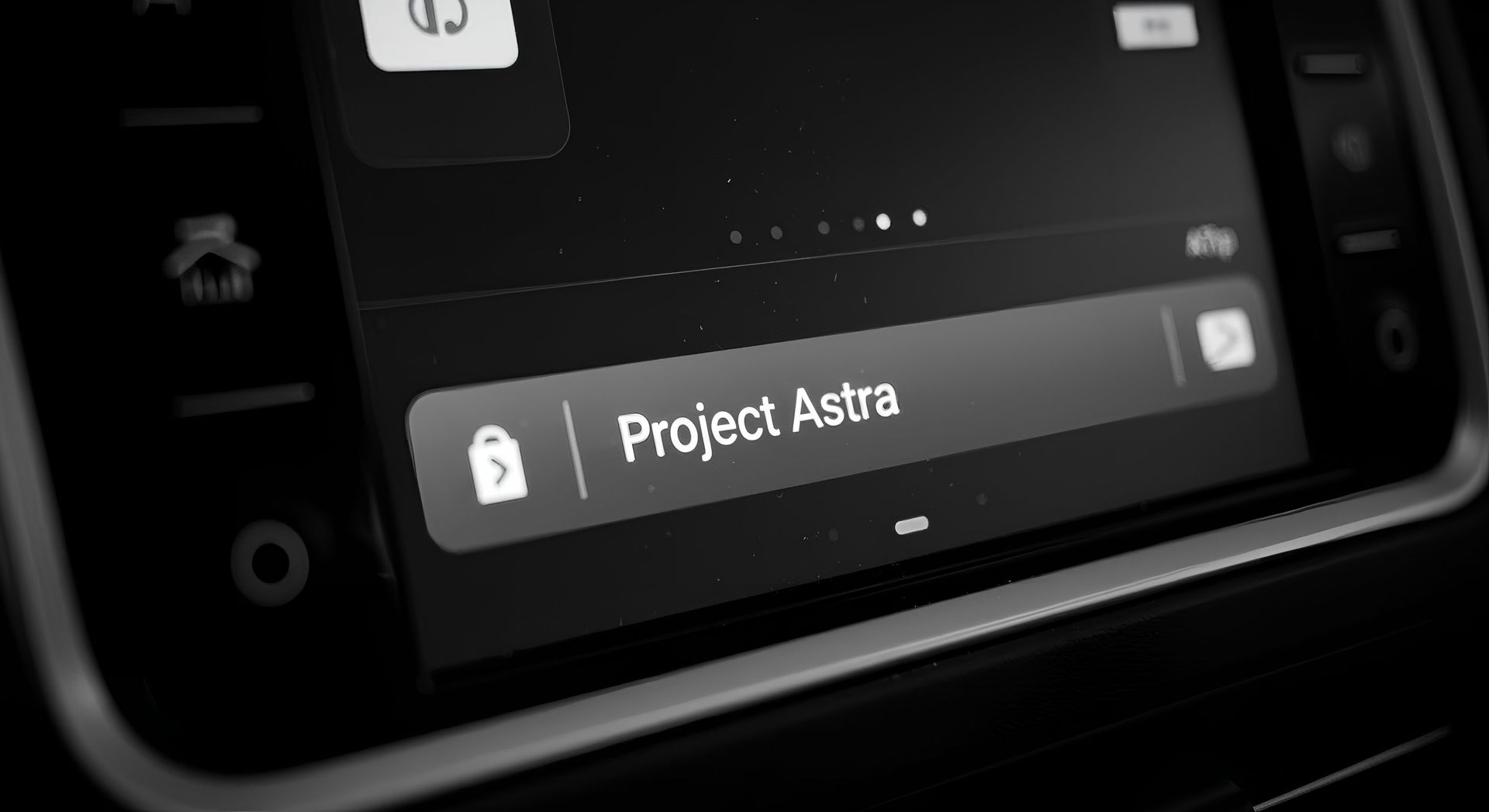Android Auto update quietly reveals clues about Google’s Project Astra

A subtle update to Android Auto may have just given the world its first glimpse into what could be Google’s next big leap: navigation through smart glasses. Buried in version 14.2 of the Android Auto beta is a cryptic yet compelling reference to “Glasses”—a term that, while vague on the surface, could signal early integration with Google’s long-rumored Project Astra.
While the 14.2 update appears light on visible user-facing changes, a deep dive into the code by 9To5Google reveals telling new strings. Most notably, lines referencing a new “Glasses” option—paired with the prompt, “Start navigation to launch Glasses”—hint at a futuristic interface that might allow drivers to see directions through a heads-up display worn directly on their face.
That wording leaves little doubt—Google appears to be laying the groundwork for navigation features rendered through wearable tech.
Google has been vocal about this project for a long timeThis wouldn’t be an isolated move. Google has already begun showing off its Android XR (extended reality) glasses behind closed doors at developer events. While timelines remain unconfirmed, the appearance of this “Glasses” integration in Android Auto suggests that the software ecosystem is already being prepped to support these devices—potentially as part of a larger convergence strategy with Project Astra.
The update also reveals other behind-the-scenes tweaks, including work on designating a “default music provider” for Assistant or Gemini, and a minor UI change that swaps out “car” for the more platform-neutral “vehicle.” These adjustments may seem incremental, but collectively they point to a broader evolution of Android Auto into a more flexible, future-facing platform.
It’s not hard to imagine the use case. Smart glasses could allow drivers to see turn-by-turn directions, alerts, or messages within their field of view—eliminating the need to glance away at a dashboard screen. For a product suite designed around safer driving experiences, this would be a game-changing extension.
Yet, for all its promise, the rollout of this glasses feature remains mysterious. Google hasn’t officially acknowledged the update’s implications, and it’s unclear whether this is tied to existing hardware like the defunct Google Glass, or to an entirely new device in development under the XR umbrella.
As Google continues to quietly seed its platforms with XR-ready infrastructure, Android Auto 14.2 may go down as more than just another iterative update. It might be remembered as the first breadcrumb in a trail leading to a radically reimagined driving experience—one where your windshield could become your new screen.
